Welcome to Premier Spine Pain & Rehabilitation! In this comprehensive blog post, we will explore the crucial topic of addiction treatment, comparing two prominent approaches: Suboxone Clinic and Traditional Rehab. Our goal is to provide you with detailed insights, enabling you to make an informed decision for yourself or a loved one seeking addiction recovery.
Understanding Addiction and Opioid Dependency
Addiction is a complex medical condition characterized by compulsive drug use despite harmful consequences. Opioid dependency, in particular, has become a significant public health concern, affecting millions of individuals worldwide. It's important to recognize that addiction is a chronic disease that can be managed with appropriate treatment and support.
Addiction often comes with stigma and misconceptions. Contrary to common belief, it is not merely a lack of willpower or moral failing. Instead, it is a biopsychosocial disorder that affects brain function and behavior. Recognizing addiction as a medical condition allows us to approach treatment with empathy and evidence-based approaches.
Traditional Rehab Exploring Conventional Methods
Traditional rehabilitation programs have been widely used for addiction treatment. These programs offer both inpatient and outpatient options, providing different levels of intensity and structure based on individual needs.
- Inpatient Rehab: In inpatient programs, individuals reside at the treatment facility for a specified period, typically ranging from a few weeks to several months. This setup ensures 24/7 support and a controlled environment to focus on recovery.
- Outpatient Rehab: Outpatient programs are more flexible, allowing individuals to attend therapy sessions while living at home. This approach is suitable for those with a stable support system and mild to moderate addiction.
Therapeutic approaches in traditional rehab often include various evidence-based behavioral therapies, such as:
- Cognitive-Behavioral Therapy (CBT): CBT helps individuals identify and change negative thought patterns and behaviors associated with addiction. It focuses on building coping skills and promoting self-awareness.
- Group Counseling: Group therapy in Charlotte, NC fosters peer support and a sense of community among individuals facing similar challenges. Participants share experiences, provide encouragement, and learn from one another.
Detoxification is a critical initial step in traditional rehab. It involves safely managing withdrawal symptoms as the body eliminates drugs from the system. This process can be challenging, but with medical supervision and support, individuals can successfully navigate it.
A New Approach to Addiction Treatment
Suboxone clinics represent a more recent and innovative approach to addiction treatment, gaining recognition for its effectiveness in combating opioid addiction. Suboxone, a combination of buprenorphine and naloxone, is an FDA-approved medication used in Medication-Assisted Treatment (MAT).
Understanding Suboxone: Buprenorphine, a partial opioid agonist, helps ease withdrawal symptoms and cravings without producing the intense euphoria of full opioids. Naloxone, an opioid antagonist, prevents misuse by triggering withdrawal symptoms if the medication is tampered with and injected.
Benefits of Suboxone Treatment
a. Medication-Assisted Treatment (MAT) Suboxone treatment is a form of MAT, which combines medications with counseling and behavioral therapies to address opioid addiction comprehensively. b. Reduced Withdrawal Symptoms: Suboxone helps alleviate withdrawal symptoms, making the early stages of recovery more manageable and comfortable. c. Lower Risk of Relapse: By reducing cravings and withdrawal discomfort, Suboxone treatment can significantly decrease the likelihood of relapse during recovery. d. Long-term Management: Suboxone treatment allows for long-term management of addiction, providing stability and support as individuals work towards sustained recovery.
At Premier Spine Pain & Rehabilitation, we have embraced an integrative approach to addiction treatment, recognizing the value of combining medical expertise with behavioral therapies. Our Suboxone clinic offers a safe and supportive environment for individuals seeking recovery.
Comprehensive Care: Our clinic provides comprehensive care that addresses the physical, psychological, and social aspects of addiction. Our team collaborates closely to create individualized treatment plans that suit each patient's unique needs and circumstances.
Holistic Approach
We focus on holistic healing, encouraging patients to engage in therapy, support groups, and other activities that contribute to overall well-being and recovery.
Medical Supervision
Our experienced medical professionals provide ongoing medical supervision and support throughout the treatment process, ensuring safe and effective outcomes.
Factors to Consider When Choosing Between Suboxone Clinic and Traditional Rehab
Choosing between a Suboxone clinic and traditional rehab is a significant decision that depends on individual preferences, needs, and circumstances. Consider the following factors:
Personal Preferences and Treatment Goals
Some individuals may prefer the structure and intensive support of inpatient rehab, while others may prioritize the flexibility of outpatient treatment.
Severity of Addiction and Medical History
The severity of addiction, medical history, and co-occurring mental health conditions may influence the most suitable treatment approach.
Support System and Aftercare Planning
The availability of a strong support system and a well-designed aftercare plan are crucial for long-term success in recovery.
Accessibility and Availability of Treatment Options Consider the accessibility and availability of Suboxone clinics and traditional rehab facilities in your area.
Cost and Insurance Coverage Assess the financial implications of both treatment options and explore insurance coverage for addiction treatment.
Addressing Stigma Surrounding Suboxone Clinics
Suboxone clinics and MAT have faced stigma and misconceptions, hindering some individuals from seeking this effective treatment option. Let's address some common myths:
- Myth: Suboxone treatment is substituting one addiction for another.
- Fact: Suboxone is a medication used to manage addiction. It helps individuals stabilize their lives, reduce cravings, and focus on recovery without the disruptive highs and lows of illicit opioids.
- Myth: MAT prolongs addiction.
- Fact: MAT, including Suboxone treatment, can be a crucial tool for addiction recovery. It helps stabilize individuals, allowing them to address the underlying factors contributing to their addiction and work towards a healthy, drug-free life.
- Myth: MAT is a sign of weakness or moral failing.
- Fact: Addiction is a medical condition, not a moral failing. Seeking treatment, including MAT, requires strength and courage. It is a proactive step towards positive change and healing.
FAQs - Frequently Asked Questions:
Suboxone is a medication that helps manage addiction, but it is not addictive when used as prescribed under medical supervision. It is designed to reduce cravings and withdrawal symptoms without producing the intense euphoria of full opioids.
Yes, Suboxone treatment is most effective when combined with counseling and behavioral therapies. Counseling helps address the psychological aspects of addiction and provides essential support for long-term recovery.
The duration of Suboxone treatment varies based on individual needs and progress. Some individuals may benefit from short-term use, while others may require longer-term maintenance. Treatment plans are tailored to each patient's unique circumstances.
Conclusion
Understanding the differences between Suboxone clinics and traditional rehab is crucial for making informed decisions about addiction treatment. At Premier Spine Pain & Rehabilitation, we offer an integrative approach that combines medical expertise with compassionate care. Whether you choose Suboxone treatment or traditional rehab, know that there is hope for recovery, and you are not alone on this journey.


.jpg?width=300&name=senior-couple-on-a-therapy-session-in-a-psychologi-2023-02-24-16-20-06-utc%20(1).jpg)
COMMENTS